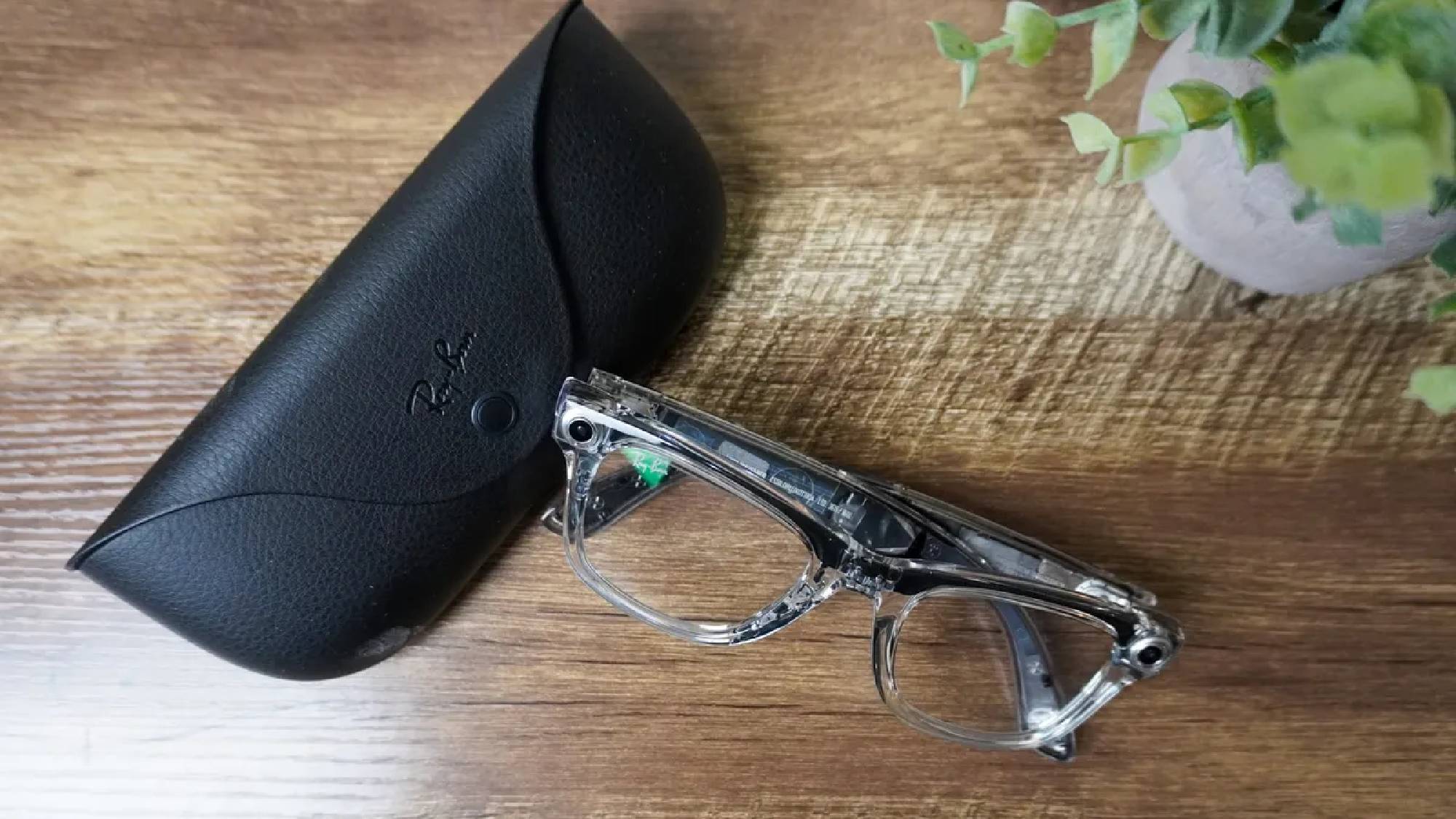
According to security researchers, Apple has quietly added a new feature in iOS 18.1 that makes your iPhone harder to crack. 404 Media reported that iPhones stored by police in evidence were rebooting themselves, and it turns out it’s all due to a new Inactivity Reboot feature shipping in iOS 18.
1. First reported by security researcher Jiska Classen , this new feature reboots your iPhone if it has gone unused for at least four days. This puts your iPhone into its “Before First Unlock” state.
This is the state your iPhone is in after being restarted, which requires you to enter your PIN or password before you can use Face ID or Touch ID. The devices used by law enforcement and bad actors alike to crack their way into locked iPhones have a much harder time penetrating the device when in this state. The “After First Unlock” state, in which Face ID or Touch ID is active, is easier to crack.
This means that if your iPhone is either stolen or confiscated, it can’t simply be kept plugged in for weeks or months until it can be broken into. Or at least, that doing so will be much harder. While this may be frustrating for law enforcement storing iPhones in evidence, it also seriously raises the bar for thieves and criminals, which is the whole point.
If you haven’t used your iPhone in four days, typing in your passcode is hardly a big inconvenience, but entering the state in which you have to do so is a big annoyance for anyone looking to break into your device..














